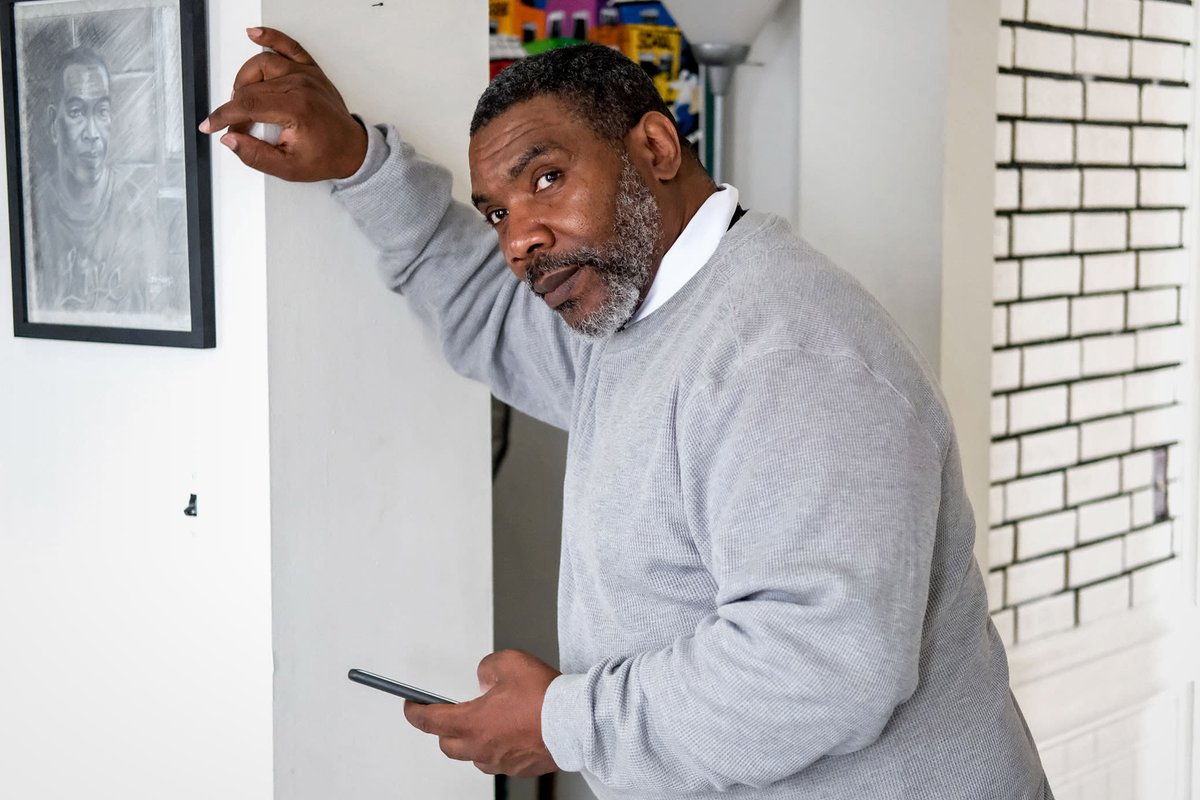
DEVELOPING: Lawmakers introduced 108 restrictive voting bills in less than 5 weeks this spring, according to an analysis of the scope and momentum of new election limits being considered across the country.
47 US states are considering restrictions.
nbcnews.to/3duLYlX
47 US states are considering restrictions.
nbcnews.to/3duLYlX
At least 55 restrictive bills in 24 states are advancing through state legislatures, according to the nonpartisan Brennan Center for Justice at New York University.
29 bills have passed at least one chamber.
29 bills have passed at least one chamber.
Most of the bills target mail voting, which was expanded last year because of the pandemic. A quarter of the restrictions seek tighter ID requirements, and others aim to make voter registration harder or expand voter roll purges.
5 restrictive election bills have already been made law, including Georgia’s election omnibus.
Iowa's governor signed a bill that makes early voting harder.
Arkansas passed 2 bills tightening voter ID rules.
Utah passed bill the center says will make faulty purges more likely.
Iowa's governor signed a bill that makes early voting harder.
Arkansas passed 2 bills tightening voter ID rules.
Utah passed bill the center says will make faulty purges more likely.
• • •
Missing some Tweet in this thread? You can try to
force a refresh



